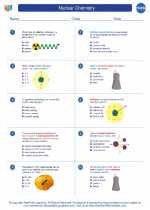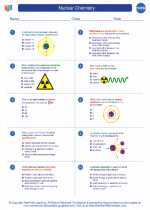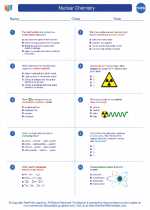Plantae: Study Guide
The Plantae kingdom, also known as the Plant Kingdom, consists of multicellular, photosynthetic organisms that produce their own food through the process of photosynthesis. They are essential for the balance of ecosystems and provide numerous benefits to humans and other organisms. Here's a comprehensive study guide to help you understand the key concepts related to Plantae:
Characteristics of Plantae
- Cellular Structure: Plant cells are eukaryotic, meaning they have a well-defined nucleus and membrane-bound organelles.
- Photosynthesis: Plants contain chlorophyll, a pigment that enables them to convert light energy into chemical energy through the process of photosynthesis.
- Reproduction: Plants can reproduce sexually through the formation of seeds, as well as asexually through methods such as vegetative propagation.
- Adaptation: Plants have evolved a wide range of adaptations to thrive in diverse environments, including specialized structures for water conservation, nutrient uptake, and defense against predators.
Classification of Plants
Plants are classified into several groups based on various characteristics:
- Bryophytes: These are non-vascular plants, including mosses and liverworts, which lack true roots, stems, and leaves.
- Seedless Vascular Plants: This group includes ferns and their relatives, which have vascular tissues for the transport of water and nutrients but do not produce seeds.
- Gymnosperms: Gymnosperms are seed-producing plants with naked seeds, such as conifers, cycads, and ginkgoes.
- Angiosperms: The most diverse group of plants, angiosperms are flowering plants that produce seeds enclosed within a fruit. They dominate the plant kingdom and include a wide variety of species.
Importance of Plantae
Plants play a crucial role in the environment and society:
- Oxygen Production: Through photosynthesis, plants release oxygen into the atmosphere, which is vital for the survival of aerobic organisms.
- Food Source: Many plants serve as a direct food source for humans and animals, providing essential nutrients and energy.
- Ecosystem Stability: Plants contribute to the stability of ecosystems by providing habitats, regulating climate, and preventing soil erosion.
- Economic Value: Plants are used for various purposes, including food production, medicine, construction materials, and ornamental purposes.
Study Tips
Here are some tips to help you study and understand the topic of Plantae:
- Visual Aids: Use diagrams, images, and videos to understand the structure and function of different plant parts and processes.
- Hands-On Learning: Explore local botanical gardens or nature reserves to observe a diverse range of plant species in their natural habitats.
- Concept Mapping: Create concept maps or diagrams to connect and organize key concepts related to plant classification, adaptations, and ecological roles.
- Practice Questions: Test your knowledge with practice questions related to plant anatomy, physiology, and ecology to reinforce your understanding.
By understanding the characteristics, classification, and importance of Plantae, you'll gain a deeper appreciation for the diverse and essential role of plants in the natural world.
[Plantae] Related Worksheets and Study Guides:
.◂Chemistry Worksheets and Study Guides High School. Nuclear Chemistry

 Worksheet/Answer key
Worksheet/Answer key
 Worksheet/Answer key
Worksheet/Answer key
